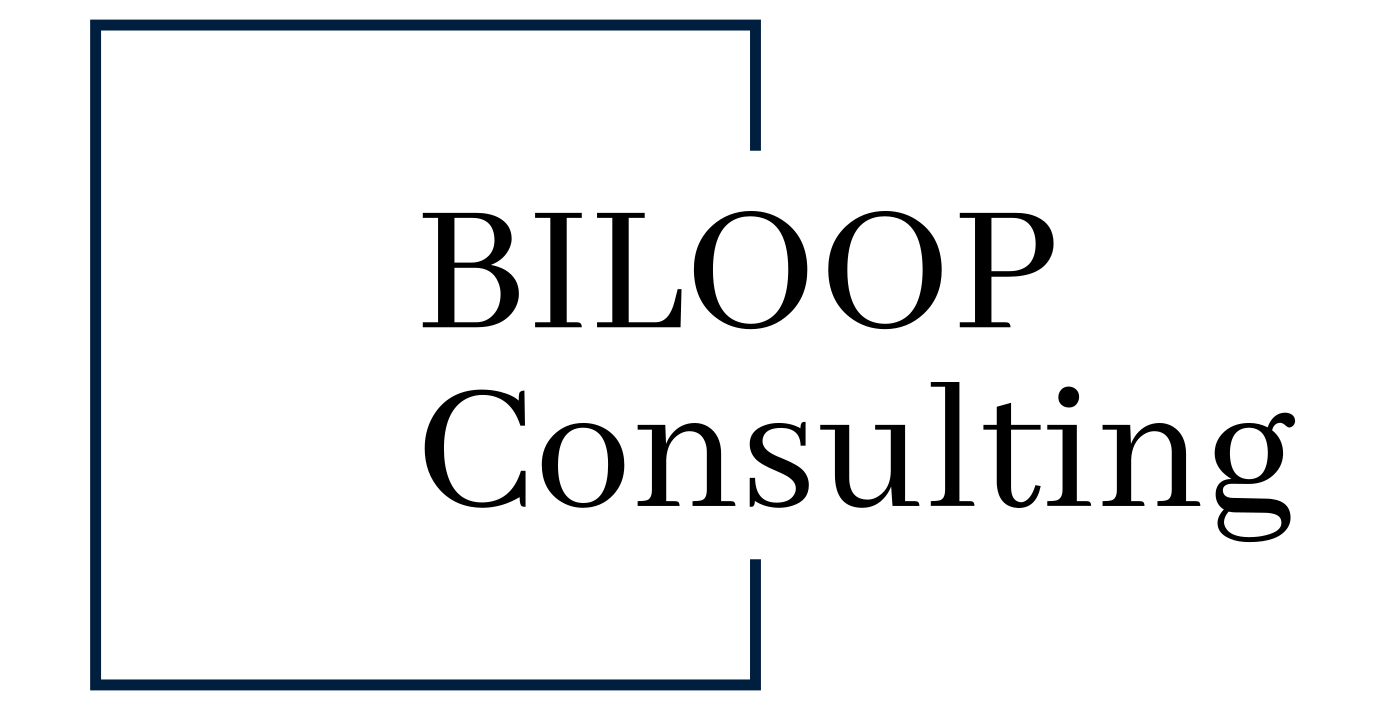Organizations are often characterized by differing interests, perspectives, and priorities. While this diversity can spark innovation, it can also create conflicts and misunderstandings that hinder progress. Alignment consulting faces a critical challenge: How can all stakeholders be united around common goals without exacerbating internal tensions?
The answer lies in mediation. This article explores why mediation is vital in alignment consulting and how it facilitates constructive collaboration and sustainable outcomes.

What Is Mediation?
Mediation is a structured, voluntary process for resolving conflicts, where a neutral third party—the mediator—helps parties clarify their differences and develop solutions collaboratively. Unlike traditional arbitration, mediators don’t impose solutions but guide participants toward their own agreements.
In alignment consulting, mediation addresses tensions arising from divergent objectives, communication issues, or power struggles.
Why Is Mediation Crucial in Alignment Consulting?
1. Harmonizing Different Perspectives
Organizations often face conflicting interests:
- Leaders may prioritize revenue growth, while employees seek better work-life balance.
- Departments may pursue goals misaligned with the broader strategy.
Mediation helps harmonize these perspectives by:
- Identifying shared goals.
- Building trust among stakeholders.
- Creating solutions that balance everyone’s needs.
2. Promoting Open Communication
Effective alignment consulting requires open communication, but this is often hindered by misunderstandings, hierarchy, or unspoken conflicts. Mediation creates a safe space where:
- Open and honest discussions can take place.
- Emotions are respected but not allowed to dominate.
- Structural communication barriers are identified and addressed.
3. Overcoming Resistance and Blockades
Changes initiated by alignment consulting frequently encounter resistance, stemming from fear, uncertainty, or unwillingness to cooperate. Mediation helps resolve these blockades by:
- Revealing underlying concerns.
- Fostering understanding among parties.
- Enabling solution-oriented discussions.
4. Ensuring Sustainable Decisions
Decisions reached through mediation are more likely to be accepted and sustained. This is because all stakeholders actively participate in the decision-making process and feel heard.
Applications of Mediation in Alignment Consulting
- Strategy Development: Resolve conflicting priorities early.
- Cross-Department Collaboration: Break down silos and encourage cooperation.
- Leadership Coaching: Facilitate dialogue within leadership teams to resolve internal disagreements.
- Change Management: Address fears and resistance during transitions.
Benefits of Mediation in Alignment Consulting
- Stronger Relationships: Resolving conflicts fosters deeper understanding and trust.
- Increased Efficiency: Teams focus on achieving shared goals rather than dealing with disputes.
- Innovation Promotion: A constructive conflict culture opens the door to new ideas.
- Long-Term Stability: Mediation tackles conflicts at their root, laying the foundation for sustainable alignment.
Conclusion: Mediation as a Key to Successful Alignment
Mediation is more than a conflict-resolution tool—it is an integral part of alignment consulting. By resolving tensions and fostering mutual understanding, it paves the way for productive collaboration and lasting success.

